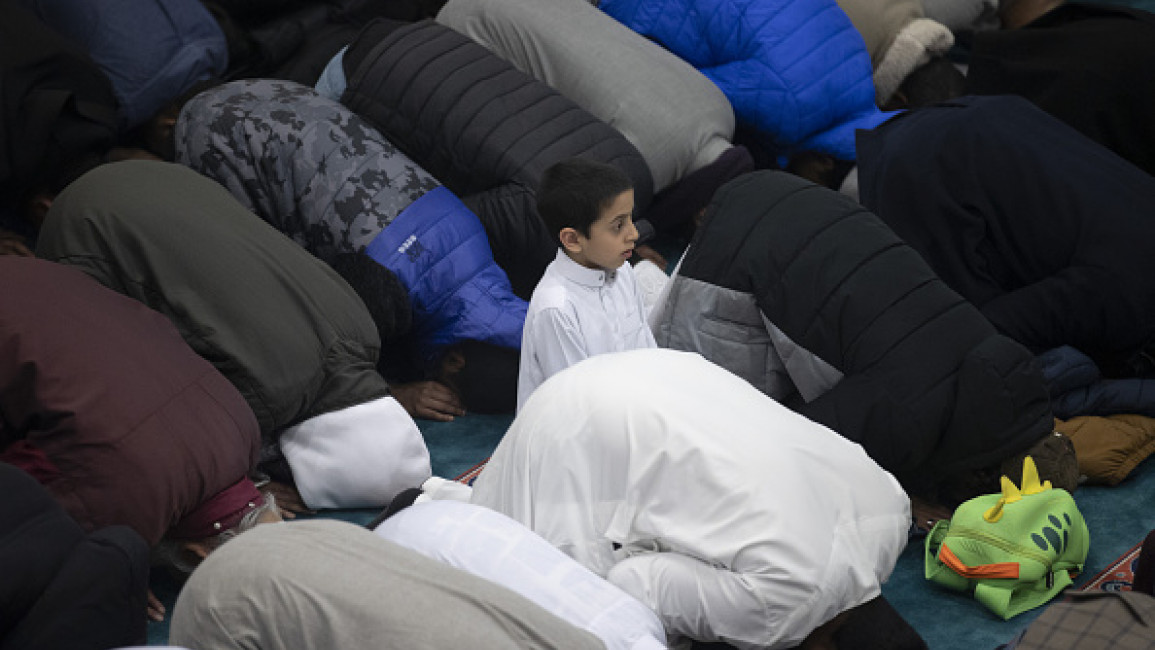Half of British Muslims face poverty and hunger during Ramadan
Nearly half of Britain's Muslims will not have enough food to break their fast during Ramadan this year, according to the Muslim Council of Britain.
Rapid inflation is causing sharp hikes in food prices and energy bills across the country - hitting the poorest areas of the UK the hardest.
With 46 percent of the British Muslim population living in the 10 percent most deprived areas of the UK, hunger is unlikely to stop at Iftar for many families.
Islamic charities are reporting widespread use of food banks, and have urged the government to increase benefit payments to rise with inflation and to improve the UK's social security systems.
"Last week's spring statement was an opportunity for the government to strengthen our social security systems and raise benefits payments to be, at least, in line with inflation," said Tufail Hussein, director of Islamic Relief UK.
"Instead, they’ve been handed a real terms cut in their payments, and with inflation set to rise further this year, the cost of living crisis will become an emergency for the poorest families," Hussein said.
Requests for help from the National Zakat Foundation (NZF) have also skyrocketed by 70 percent over the last twelve months. NZF gives out emergency grants from Zakat collected from British Muslims to those in need.
The disparity in the UK
The gulf in living standards between white UK citizens and British Muslims has grown wider after over a decade of austerity measures that have hit the poorest the hardest.
Black, Asian and other minority groups are increasingly likely to be in poverty than white British people, according to the Office of National Statistics.
The government’s own Racial Disparity Audit found that the local authority with the highest number of homeless households per 1,000 households was Newham in London - 9.4 per 1,000 - where Asian households make up the highest percentage of the local population.
And while only three percent of white British households live in damp properties, it is estimated that 10 percent of Bangladeshis, nine percent of Black Africans and eight percent of Pakistani households do too.
Heating homes during Ramadan may be the first expense to be spared given the rising cost of energy.
The risks of child poverty are also heightened due the high number of British Muslims with young families - with knock-on effects for youth education and health.
Muslims have the youngest age profile of all religious groups in the UK - with 33 percent aged 15 or under.
Commenting on Friday on the increasing cost of living, business secretary Kwasi Kwarteng said: "While no government can control the global factors pushing up the cost of everyday essentials, we will absolutely act wherever we can to mitigate rising costs."



